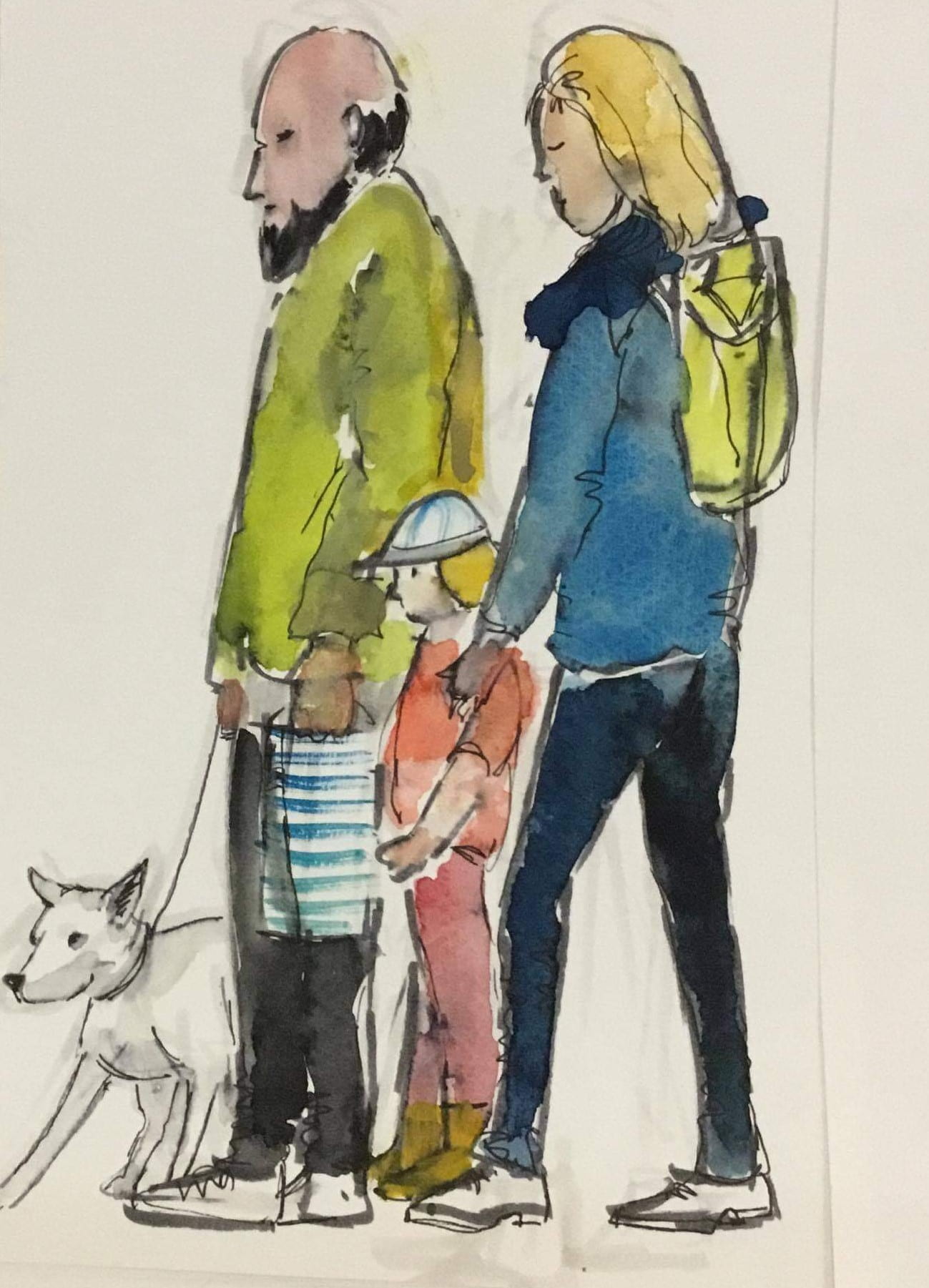Varikin Findings: There are no universals in the cultural evolution of kinship terminology
There is huge potential for variation between kinship terminology (systems of words for relatives) cross-culturally. In fact, for a set of 16 relatives, there are 10,480,142,147 theoretically possible ways to categorise them. Given the potential for effectively unbridled variation in kinship terminology, observed diversity seems remarkably constrained, and has previously been categorised into six key … Read more
